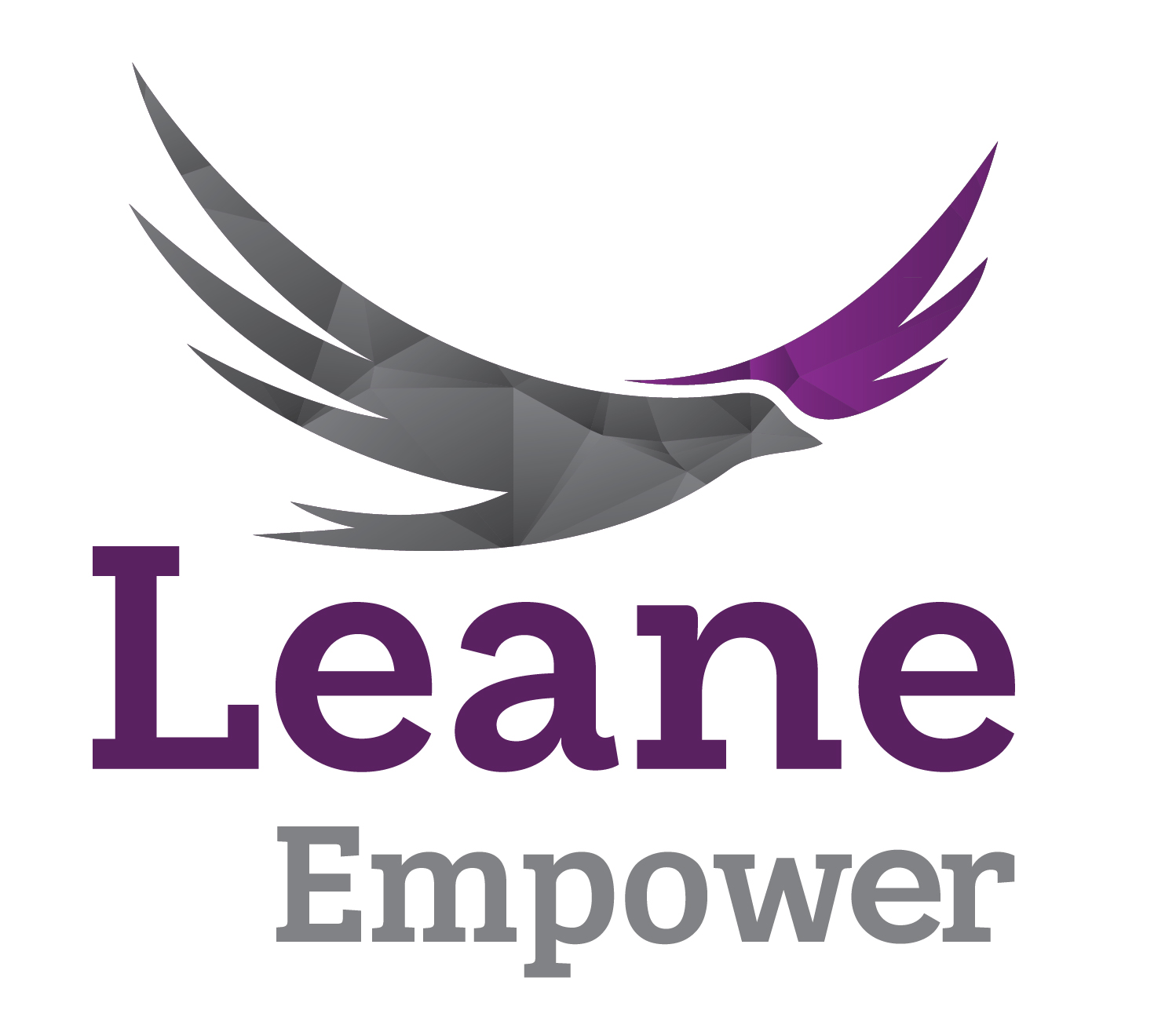10 Things Organisations can do for Female Employees
According to the most recent research the advancement of women in the workplace has, at best,
stalled. So what can organisations do to get back on track?
1. Start with the Culture
Many organisations over-engineer initiatives to improve gender balance. This often manifests as
policies and procedures which, research shows to be counter-productive and have a negative
impact.
Organisations should focus less on control and more on creating environments which are genuinely egalitarian. This is achieved by modelling appropriate behaviours and embedding good practice.
2. Ask Questions!
Don’t assume that you know why women are not advancing in your organisation. Issues can be
specific to the culture of individual workplaces or team. Without insight, you could spend a lot of time and money developing solutions to the wrong problems.
Independent interviews with current and former employees can help build an objective picture of the challenges unique to your business.
3. Support Fathers
All fathers are entitled to paternity leave and parental leave. However, only a third took paternity
leave last year. Research suggests that men and women believe fathers don’t take their full entitlement because parental leave is still viewed as the domain of women.
Yet fathers are no less interested and engaged in their childrens lives. Encouraging fathers to take leave might not do much for your individual organisation, but this is a wider issue for business and society.
4. Don’t Outsource Managers Responsibility
A survey by the 30% Club, found that employees spend increasingly less time with their
manager discussing their personal development as they progress. Opportunities for career-relevant advice and feedback are increasingly outsourced to mentors or coaches.
Women at this stage receive less directly career-related advice from their manager than men, by a ratio of 4:1. While mentors and coaches have a role, it is the relationship with their manager that is pivotal to womens development.
5. Provide Access to Gender Specific Training
This can be a divisive topic, but research shows that women benefit enormously from such
opportunities. The chance to discuss common experiences is especially important when discussing sensitive topics such as gender bias or their personal leadership challenges.
However, it is important to ensure that this isn’t the only type of development opportunity offered
to women.
6. Create Dress Rehearsals
Developing leadership ability takes practice and requires learning from mistakes. With low levels of women in senior roles, those who do succeed have increased visibility. Organisations can create space for women to enhance their leadership skills, without being subject to undue scrutiny.
Opportunities such as leading projects or deputising for their managers, when coupled with
appropriate feedback, can help to provide such a ‘safe’ space.
7. Reduce the Opportunity for Unconscious Bias
In organisations, even the smallest amount of bias can have significant consequences.
Unconscious bias is prevalent in both women and men. The Implicit Bias Test developed at Harvard University https://implicit.harvard.edu/implicit/ offers incredible personal insight.
Training for unconscious bias has proven to be largely ineffective. Until our conditioning changes,
the solution is to limit the opportunity for such bias to occur. For example, blind, systematic
processes for reviewing job applications will help to eliminate such bias.
8. Monitor Where Women Are in your Talent Pipeline
The McKinsey Women in the Workplace reports advise that, for women, inequality starts at the
very first promotion; entry-level women are 18 percent less likely to be promoted than their male
peers. This has a dramatic effect on the pipeline as a whole.
Organisations should be attuned to this, as it is easier to correct imbalance at earlier stages in the
pipeline.
9. Accept That Careers are Marathons, Not Sprints
Organisations often place too much emphasis on rapid advancement, leading people to burn out and subsequently leave, particularly when they have competing demands outside of work. Reframing career development as a long-term objective allows both women and men space to increase and to slow their pace as appropriate to their circumstances, without being written off.
10. Focus on Output not Presenteeism
If accountability and results are what matter, demonstrate this through flexible working
arrangements.
stalled. So what can organisations do to get back on track?
1. Start with the Culture
Many organisations over-engineer initiatives to improve gender balance. This often manifests as
policies and procedures which, research shows to be counter-productive and have a negative
impact.
Organisations should focus less on control and more on creating environments which are genuinely egalitarian. This is achieved by modelling appropriate behaviours and embedding good practice.
2. Ask Questions!
Don’t assume that you know why women are not advancing in your organisation. Issues can be
specific to the culture of individual workplaces or team. Without insight, you could spend a lot of time and money developing solutions to the wrong problems.
Independent interviews with current and former employees can help build an objective picture of the challenges unique to your business.
3. Support Fathers
All fathers are entitled to paternity leave and parental leave. However, only a third took paternity
leave last year. Research suggests that men and women believe fathers don’t take their full entitlement because parental leave is still viewed as the domain of women.
Yet fathers are no less interested and engaged in their childrens lives. Encouraging fathers to take leave might not do much for your individual organisation, but this is a wider issue for business and society.
4. Don’t Outsource Managers Responsibility
A survey by the 30% Club, found that employees spend increasingly less time with their
manager discussing their personal development as they progress. Opportunities for career-relevant advice and feedback are increasingly outsourced to mentors or coaches.
Women at this stage receive less directly career-related advice from their manager than men, by a ratio of 4:1. While mentors and coaches have a role, it is the relationship with their manager that is pivotal to womens development.
5. Provide Access to Gender Specific Training
This can be a divisive topic, but research shows that women benefit enormously from such
opportunities. The chance to discuss common experiences is especially important when discussing sensitive topics such as gender bias or their personal leadership challenges.
However, it is important to ensure that this isn’t the only type of development opportunity offered
to women.
6. Create Dress Rehearsals
Developing leadership ability takes practice and requires learning from mistakes. With low levels of women in senior roles, those who do succeed have increased visibility. Organisations can create space for women to enhance their leadership skills, without being subject to undue scrutiny.
Opportunities such as leading projects or deputising for their managers, when coupled with
appropriate feedback, can help to provide such a ‘safe’ space.
7. Reduce the Opportunity for Unconscious Bias
In organisations, even the smallest amount of bias can have significant consequences.
Unconscious bias is prevalent in both women and men. The Implicit Bias Test developed at Harvard University https://implicit.harvard.edu/implicit/ offers incredible personal insight.
Training for unconscious bias has proven to be largely ineffective. Until our conditioning changes,
the solution is to limit the opportunity for such bias to occur. For example, blind, systematic
processes for reviewing job applications will help to eliminate such bias.
8. Monitor Where Women Are in your Talent Pipeline
The McKinsey Women in the Workplace reports advise that, for women, inequality starts at the
very first promotion; entry-level women are 18 percent less likely to be promoted than their male
peers. This has a dramatic effect on the pipeline as a whole.
Organisations should be attuned to this, as it is easier to correct imbalance at earlier stages in the
pipeline.
9. Accept That Careers are Marathons, Not Sprints
Organisations often place too much emphasis on rapid advancement, leading people to burn out and subsequently leave, particularly when they have competing demands outside of work. Reframing career development as a long-term objective allows both women and men space to increase and to slow their pace as appropriate to their circumstances, without being written off.
10. Focus on Output not Presenteeism
If accountability and results are what matter, demonstrate this through flexible working
arrangements.

